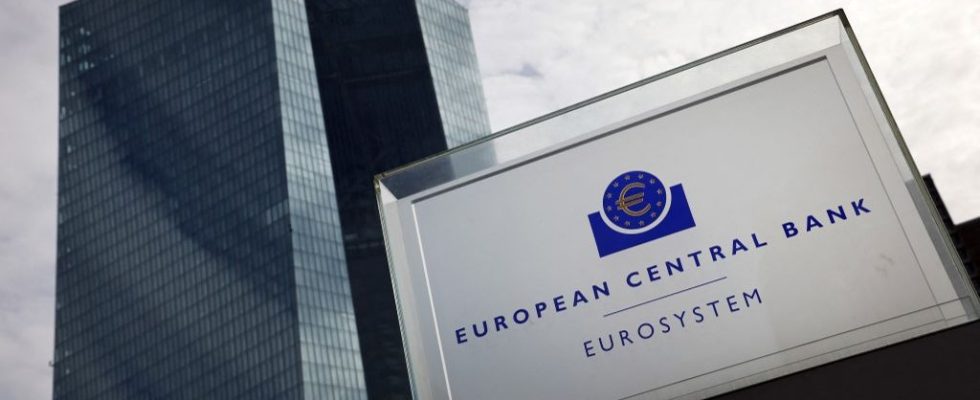Above all, do not panic. In a joint statement with the European Banking Resolution Mechanism (SRB) and the European Banking Authority (EBA) published on Monday, the European Central Bank wanted to ensure that “the European banking sector is resilient, with solid levels of capital and cash”. These statements come the day after the announcement of the emergency takeover of Credit Suisse by UBS, which was greeted with skepticism by the markets.
The institution “welcomed all the measures taken by the Swiss authorities to ensure financial stability”, after the announcement on Sunday of the takeover of Credit Suisse by its rival UBS. However, she discreetly criticized Switzerland’s decision to favor shareholders over holders of risky bonds called Additional Tier 1.
European stock markets in the red this morning
In the euro zone, equity holders “would be the first to absorb the losses and it is only after their full use that the Additional Tier 1s would be harmed”, assured the ECB. “This approach has been applied consistently in the past and will continue to guide the banking supervisory actions of the SRB and the ECB in crisis response,” she added. “Additional Tier 1s are and will remain an essential component of the structure of European banks,” hammered the ECB.
After intense negotiations, UBS agreed on Sunday to buy for a pittance its rival in difficulty Credit Suisse, with important guarantees from the government of Bern and liquidity from the SNB, the central bank of the country.
But this takeover plunged the securities of banking shares Monday morning on the European stock markets, investors fearing a destabilization of the banking system.
The operation will indeed cause the loss of 16 billion Swiss francs to holders of so-called Additional Tier 1 risky bonds, on which the Swiss authorities have decided to make bear part of the financial burden of the operation. An extraordinary decision while the holders of these securities normally arrive before the shareholders in the order of priority for reimbursement in the event of bankruptcy.

